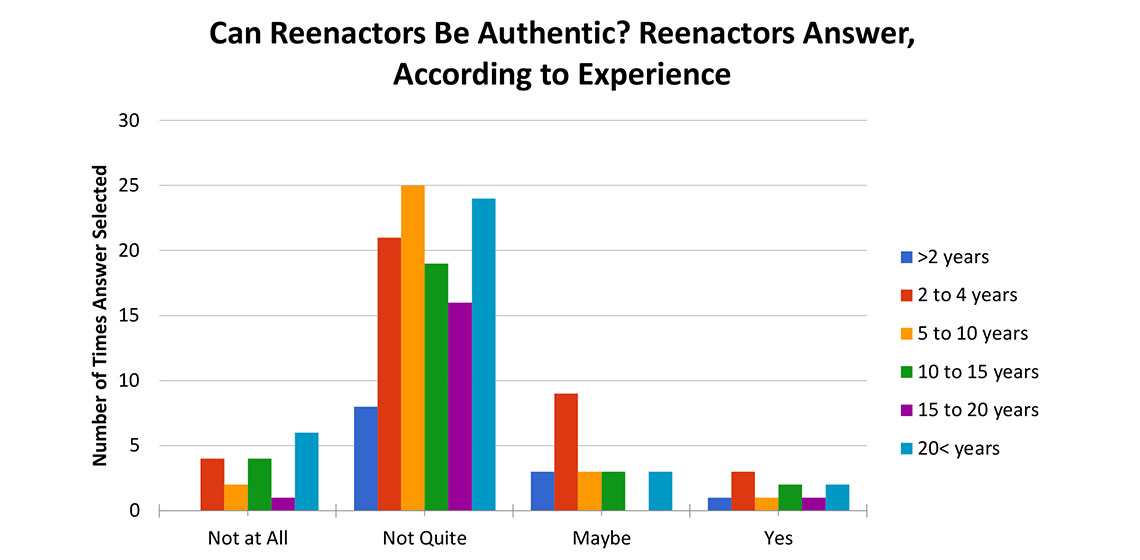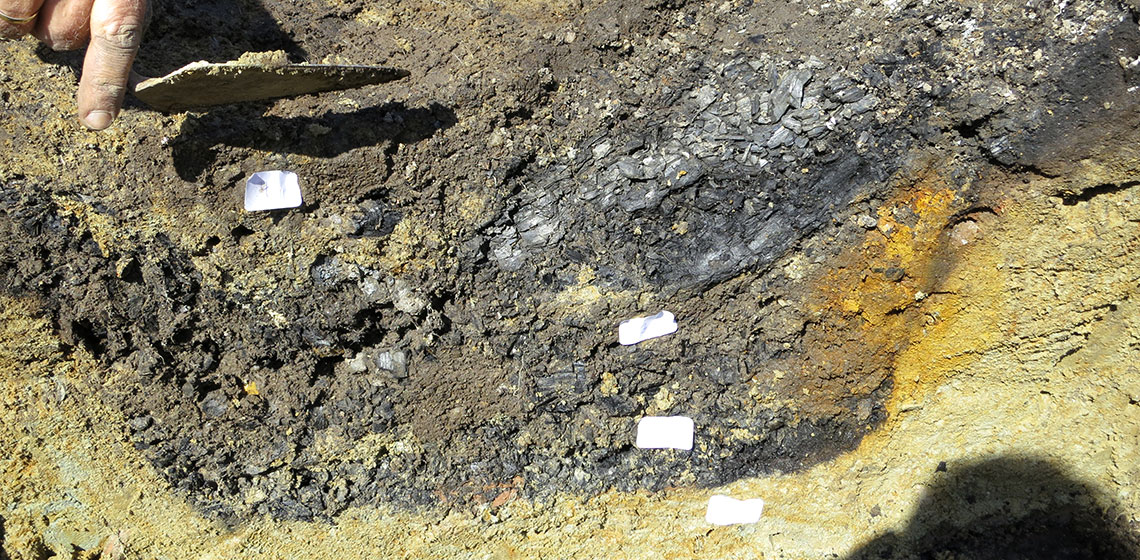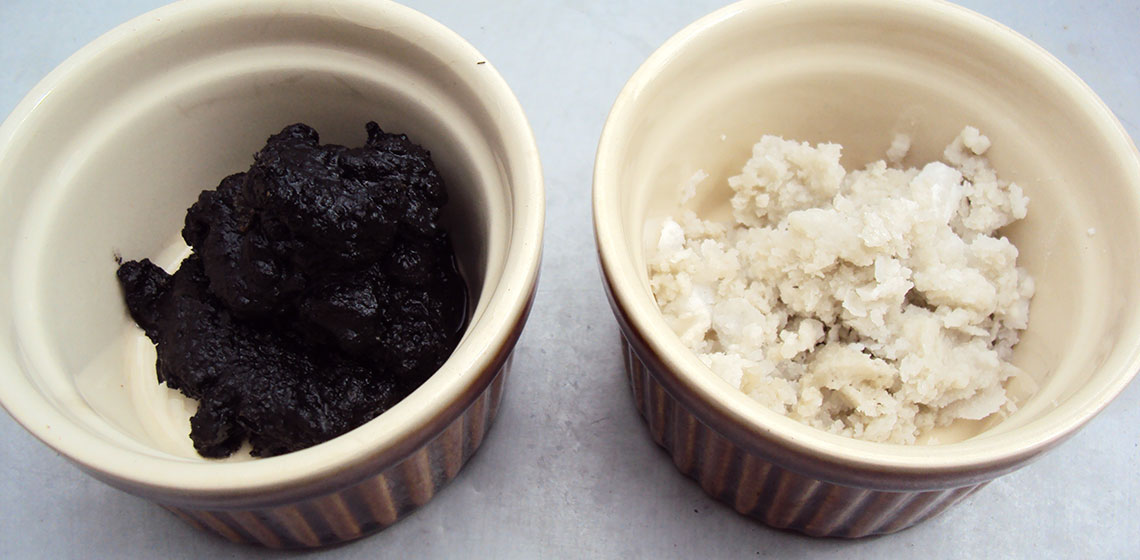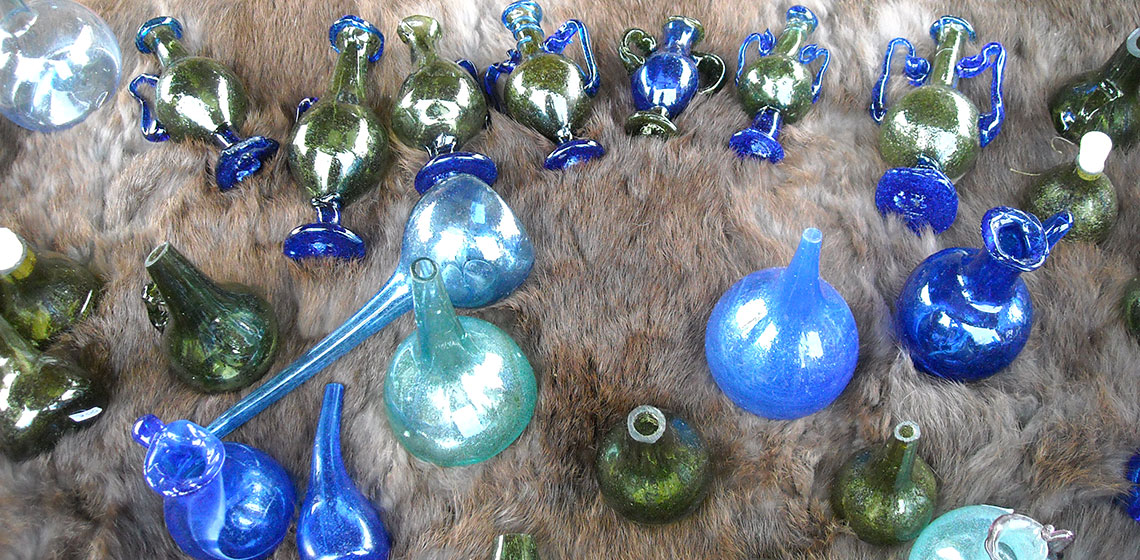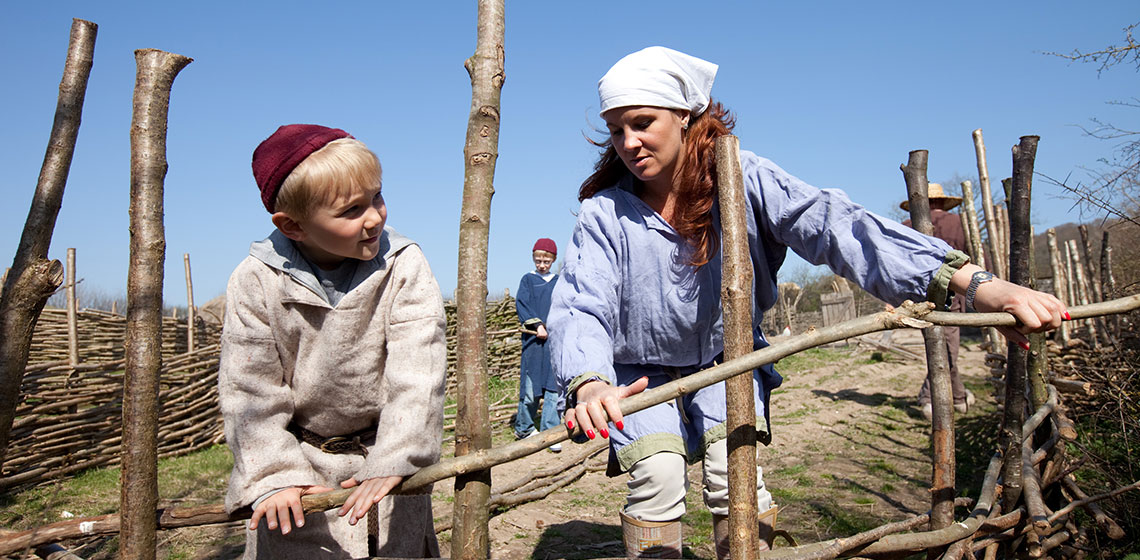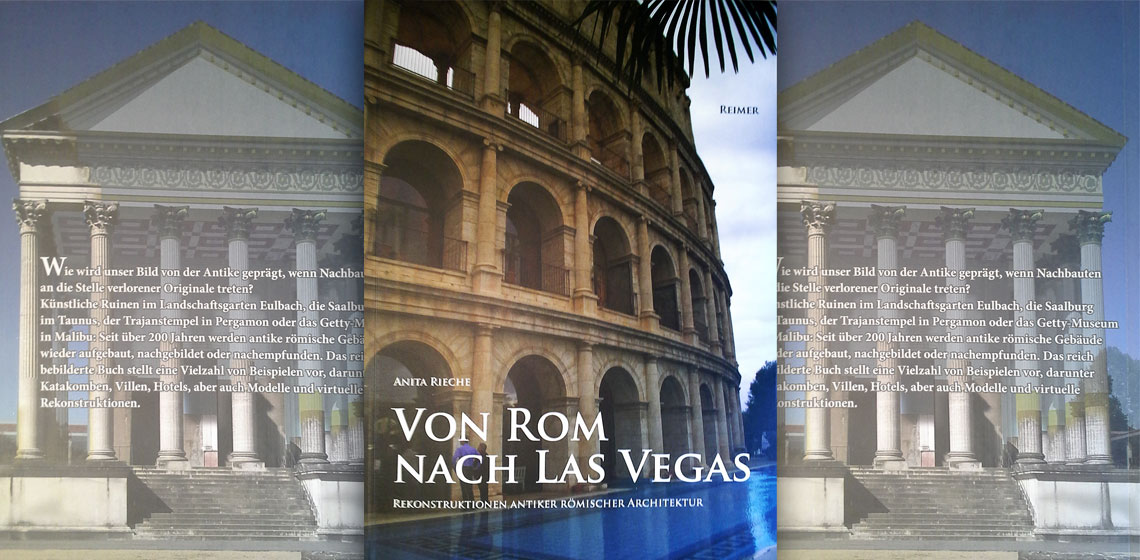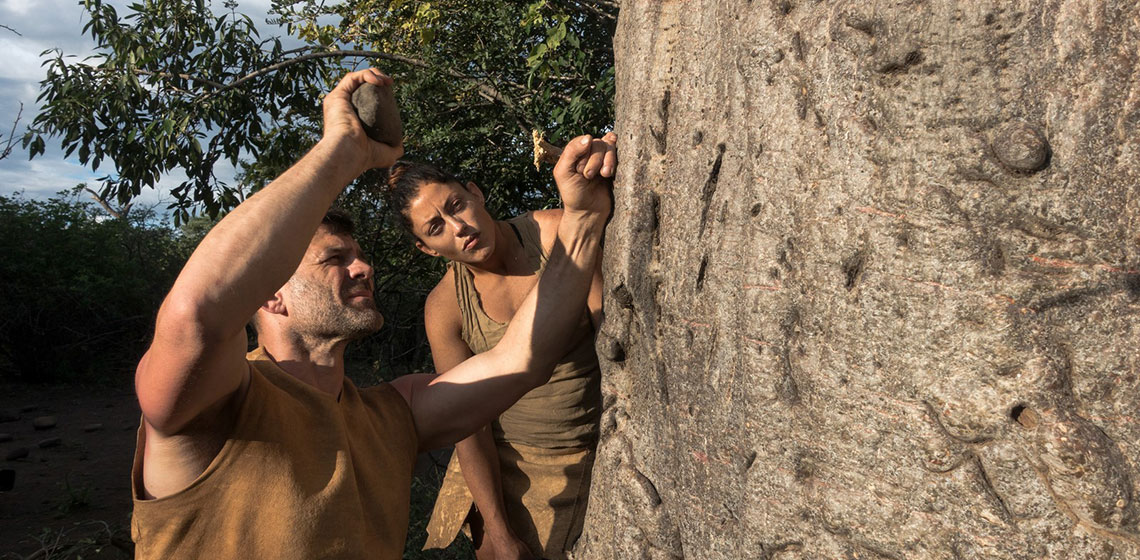EXARC Journal Issue 2016/1
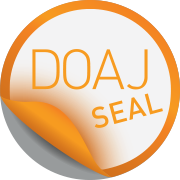


9 Articles | DOAJ | Open Access
ISSN: 2212-8956
Publishing date: February 15, 2016
📄 EXARC Journal 2016/1 Table of Contents
Copyrights: EXARC, 2016
Summary
Among the Peer-Reviewed articles there is an inspirational article by Luke Winter on The Role of Fundamental Education in the Heritage Industry as well as experiments on burnt pig bone and Roman glass as well as salt production. We also have some lessons from a study of reenactment. Mixed Matters are three book reviews and a review of the National Geographic Series the Great Human Race.
Reviewed Articles
The Value of Experience: Lessons from a Study of Reenactment
Diagenesis in Modern, Danish, Burned Pig Bone
The Role of Saltmarsh Plants in Iron Age and Roman Salt Production in the Thames Estuary, UK
Problems and Suggested Solutions in the Replication and Operation of a Glass Furnace based on Roman Remains: an Experiment in Glass Production
Part of the reorganisation of the archaeological open-air area at Asparn are plans for a remaking of the Iron Age workshop area. The construction of an Iron Age smithy and a glass production furnace are also being planned. As is widely known ‘glass can be made out of quartz sand, potash and lime’. But is it as easy as that? It is therefore legitimate to discuss here the experimental efforts involved in its production.


